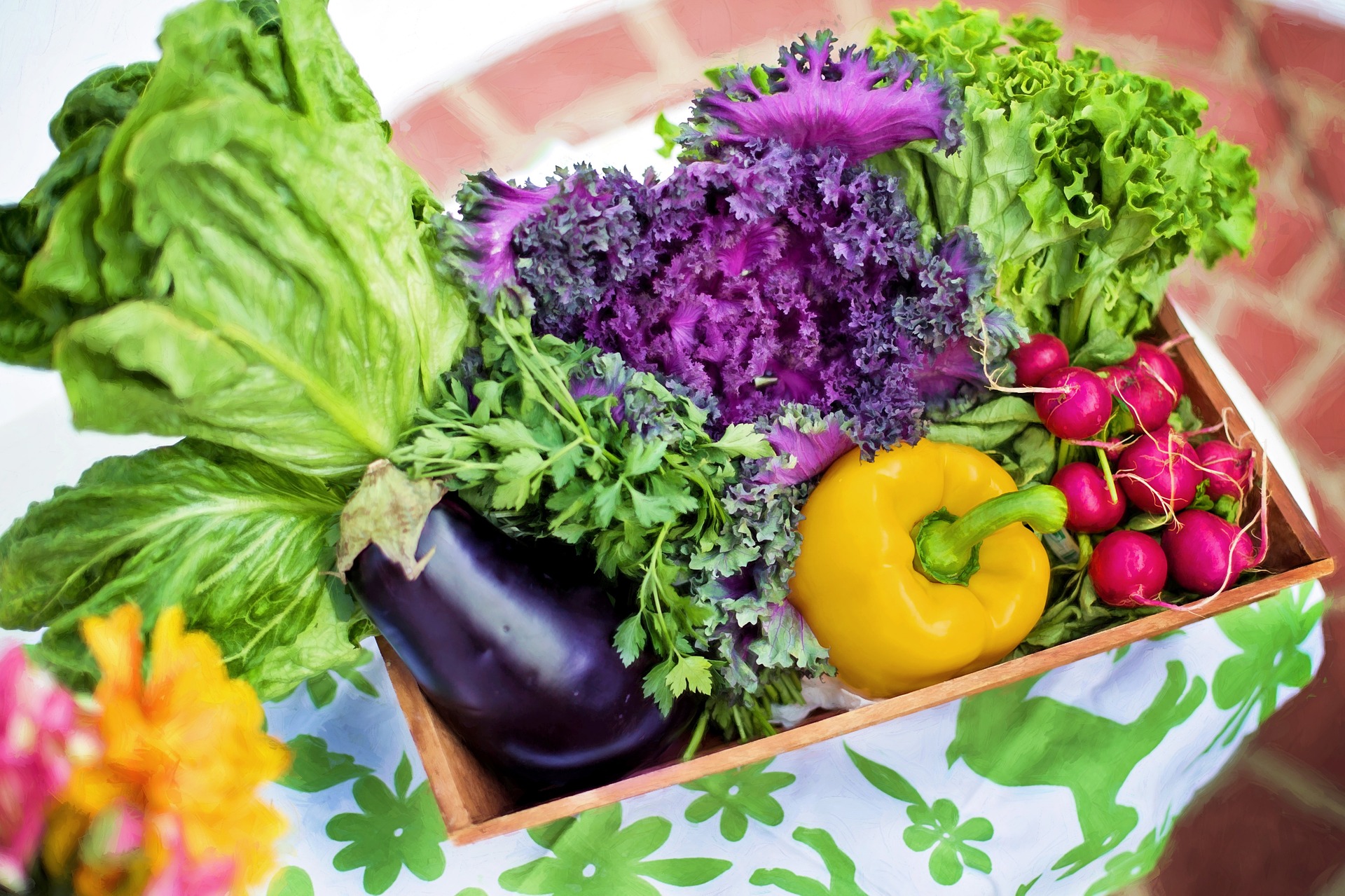“A fresh row has broken out” … That’s all too often a headline I find myself using on my MFR farming programme and this week is no exception.
This time the row is all about pesticide use and was started by the Organic farmers lobby group – The Soil Association (SA) who claimed that there has been a “massive increase” in pesticide use on UK farms in recent decades.
However, the UK Crop Protection Agency (CPA) delivered their immediate response, which accused the SA of “cherry picking statistics” in order to promote organic farming.
So with the first shots fired in this latest row in the farming industry, let’s have a look at the actual facts and try and discover why different parts of the food industry seem hell-bent on attacking each other.
Here are the facts:
Official figures used by both sides of the argument come from Fera Science, which was formerly the Food and Environment Research Agency and they provide the latest available statistics which run to the year end in 2015.
The figures look at three crops in particular, wheat, potatoes and onions.
The total area treated with pesticides increased over the 25 years from 1990 to 2015 by nearly 90% from 45 million hectares to 80 million hectares.
The total weight of pesticides used decreased over the same period by nearly 50% from 34.5 million kilos to 17.8 million kilos.
So it would seem that with each side choosing to use the measure that suits themselves, on the face of it both have a fairly convincing argument.
The Soil Association point to the huge increase in area treated with sprays and say that even at the much reduced levels of pesticide use (down by 71%) over the past 25 years consumers are still exposed to what they call a “toxic cocktail” of pesticides.
However, the Crop Protection Association say that most food consumed in the UK contains no pesticide residues at all and modern sprays are now more precisely targeted at pests and diseases as shown by the above figures.
The National Farmers Union have now waded into the argument and say
“It is an absolute myth that to suggest the first thing farmers do when presented with a pest or disease problem is to reach for a pesticide – the last thing they want to do is spend money on spraying any crop unless they have to”.
So, there you have the argument, with both sides of the organic vs. non-organic grower’s organisations firmly in their own trenches and going nowhere.
This saga has been running since modern synthetic pesticide sprays were first invented back in the 1940’s and the debate will run for as long as they are still around.
Now, there’s nothing wrong with argument and debate, so long as they don’t detract from the business of feeding an ever hungry population.
We have to realise that price will dictate what people buy and the reason that farmers use pesticides is to protect their crops from pests and diseases as cheaply as possible, while producing enough food to keep the nation fed.
There is a choice and supermarkets react to customer’s wishes by stocking both organics and non-organics and surveys regularly show that a lot of consumers will buy a mix of both – if their budget allows it.
However, there is no sense in both sides fighting with each other, so let’s drop the over-use of inflammatory arguments and let common-sense rule the day for a change.
After all, we should be moving forward to face a brave new post–Brexit world with a united farming industry whose mission should be to feed as many people as possible in the UK with our own home-grown food.
There is room for both organic and non-organic food on our shop shelves and we should leave the choice to the person paying for it.
This column first appeared in The SPP Group of Newspapers on 1st December 2017.
